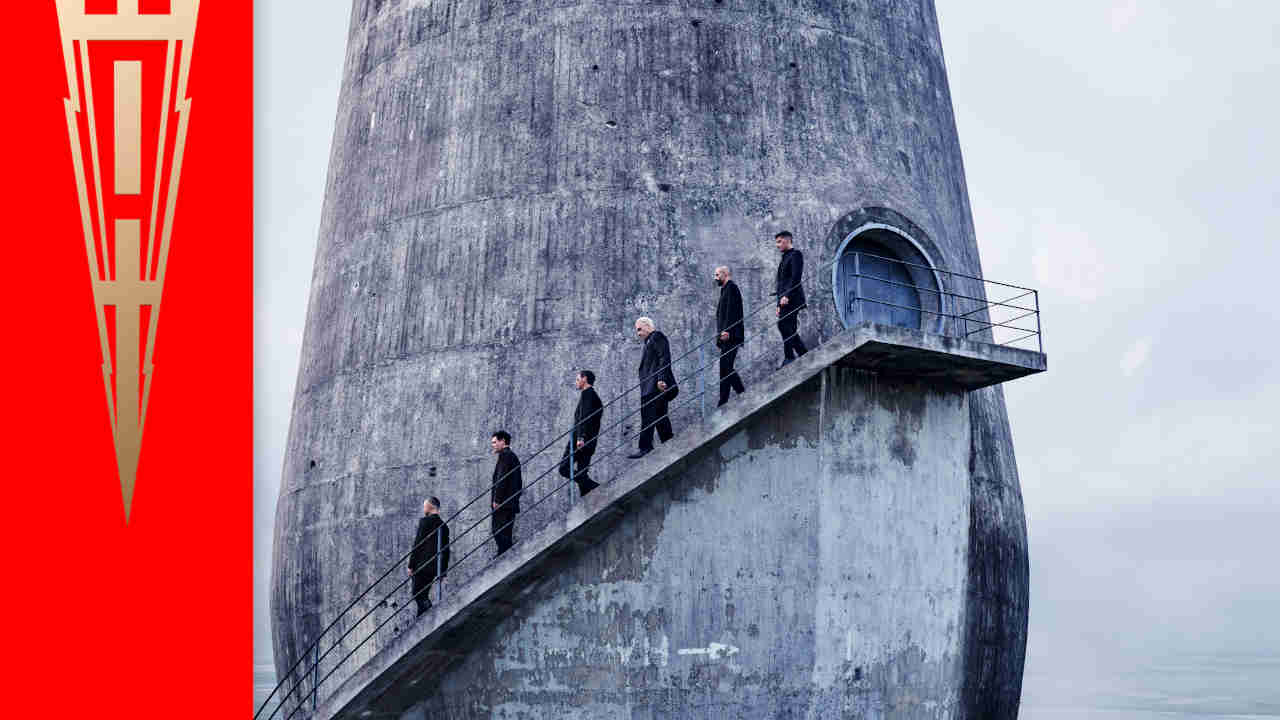You can trust Louder
The global pandemic hasn’t given us much to be grateful for, but we might have to thank it for giving us a new Rammstein album. The German megastars did say that the wait between records wouldn’t be as long as the decade between 2009’s Liebe Ist Für Alle Da and 2019’s untitled album. Even so, Zeit arrives hot on the heels of its predecessor. But the trauma of these last couple of years doesn’t appear to have been lost on Rammstein, with much of the record showing these larger-than-life, fire-breathing German superstars in a more contemplative mood, often expressing an acute awareness of the fragility of life and their own mortality.
Sonically speaking, Zeit could only be the work of one band; Rammstein have the strongest, most distinct identity of any metal artist. All of the touch points of their sound are present and correct, from the grinding guitars to the low vocals. But although they haven’t fucked with the formula, they’ve at least roughed it up a bit. After opener Armee der Tristen rides along on typical Rammstein Sturm und Drang drama, coloured by some Depeche Mode-style synths, the band dramatically drop the pace for a couple of numbers.
With its delicate piano and a crooning vocal performance from Till Lindemann, as he mourns the cruelty of the passing of time, the balladic title track – and first single – shows remarkable restraint and beauty for Rammstein, while the sombre Schwarz again uses soft piano keys to create its main hook.
It’s not a massive shock to the system, but a legendary band with such clear characteristics opening the album in such an unusually minimalistic way – by Rammstein’s imperious standards at least – deserves praise. After that, the album leans far more into classic Rammstein territory. Giftig is a stomping, chugging mechanical beast in the vein of Du Hast, second single Zick Zack mixes their Teutonic riffs with a disco beat à la Ausländer, and the fantastic OK is a full-throttle rager in the manner of Mutter’s Links 2 3 4 – but with a massive choir that makes it soar, and a closing guitar groove reminiscent of Dimebag Darrell.
Then there’s Dicke Titten ('Big Tits'), led by leaden riffs and featuring a cheeky oompah refrain. Yes, you could say that you’ve heard songs of this ilk before, but each of them can comfortably stand shoulder to shoulder with anything in Rammstein’s back catalogue.
There is one last shock on the penultimate track, Lügen. It starts slowly and builds to a huge, cranking crescendo, where Till’s vocals are heavily autotuned. It’s a tool that pop and hip hop artists have been using for well over a decade now, but metal bands have, broadly speaking, steered well clear of its Marmite-y charms. But if the notion of Rammstein channelling T-Pain might sound like the worst idea ever to some fans, you have to give the band credit for experimenting.
The album closes on another reflective number: the cold piano chimes and propulsive march of Adieu. Till chillingly signs off with: ‘Adieu, goodbye, auf Wiedersehen/You have to go the final way alone’. Rammstein in 2022 can still singe your face with the full force of their attack, but on Zeit they prove more than ever that they aren’t afraid to peel away their layers, lay bare their fears and show you their scars.
Sign up below to get the latest from Metal Hammer, plus exclusive special offers, direct to your inbox!

Stephen joined the Louder team as a co-host of the Metal Hammer Podcast in late 2011, eventually becoming a regular contributor to the magazine. He has since written hundreds of articles for Metal Hammer, Classic Rock and Louder, specialising in punk, hardcore and 90s metal. He also presents the Trve. Cvlt. Pop! podcast with Gaz Jones and makes regular appearances on the Bangers And Most podcast.

